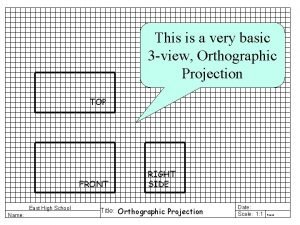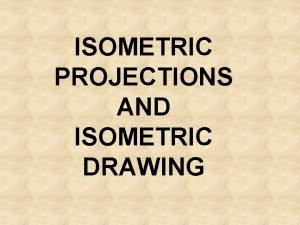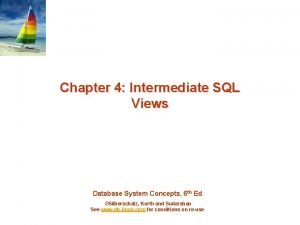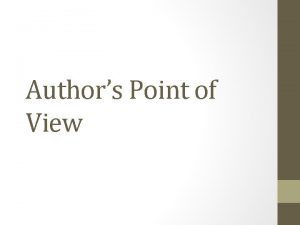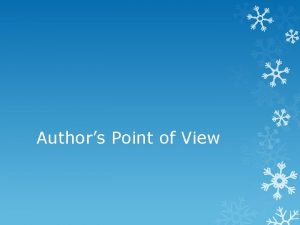Point of View What is Point of View







- Slides: 7

Point of View

What is Point of View? It is the author’s opinions and theories that influence his presentation of the subject matter Point of View • Suggests thoughtfulness and openness. Bias • Facts are slanted toward the author’s personal belief. • An opinion or position on a subject.

Person • Person is a means of classifying personal pronouns. 3 Primary Persons • 1 st person – speaker (I, we, me, us, etc…) • 2 nd person – spoken to (You, your, etc…) • 3 rd person – spoken about (He, she, it, etc…)

What is the Reader’s Point of View Alternative Arguments Open Mind • Prior knowledge. • Slightly suspicious nature. Closed Mind • Existing opinions affect how much we accept or reject. • If beliefs are strong we “tune out” new material.

Points of View in Literature • The three most common points of view are – Omniscient - narrator plays no part in the story but can tell us what all the characters are thinking and feeling as well as what is happening in other places. – Third-person limited - narrator plays no part in the story but zooms in on the thoughts and feelings of one character. – First person - narrator is a character in the story and tells the story using the first-person pronoun I.

What is a Fact? A Fact • A fact is a statement based on actual evidence or personal observation. • It can be checked objectively with empirical data. • It can be proved to be either true or false.

What is an Opinion? An Opinion • An opinion is a statement of personal feeling or a judgment. • It reflects a belief or an interpretation rather than an accumulation of evidence. • It cannot be proved true or false.
